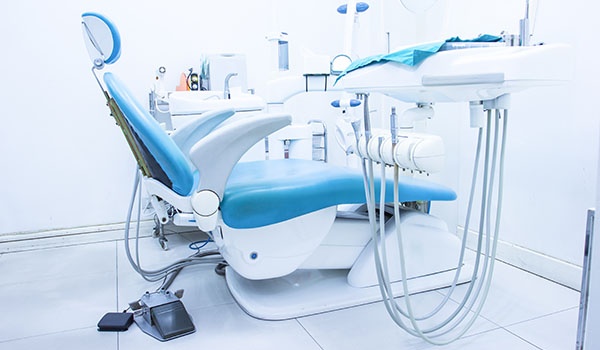What You Need To Know About Drinking Alcohol and Your Teeth

While some people believe that even consuming moderate amounts of
alcohol does not have a significant negative effect on one’s health, it can have a negative effect on one’s teeth. Generally speaking, alcohol consumption is not something most doctors or dentist consider healthy. Consuming significant amounts of alcohol has many negative long-term and short-term effects. It can cause damage to your brain, liver, and take your blood sugar concentration to dangerous levels.
How alcohol affects your gums and teeth
According to the Center for Disease Control and Prevention, CDC, moderate alcohol consumption involves having one drink per day for women, and two or fewer drinks per day for men. The CDC considers a woman drinking more than eight drinks a week or a man consuming more than 15 drinks per week, heavy drinking.Heavy drinkers are more vulnerable to mouth sores, tooth decay and gum disease. Alcohol abuse has also been linked to oral cancer, and it is considered to be the second most common risk factor, right next to heavy use of tobacco products.People who drink heavily, typically have more plaque accumulation on their teeth. These people are more likely to deal with dental issues that lead to the permanent loss of teeth. The research is not conclusive when it comes to moderate drinkers, but there are some negative dental issues associated with moderate use as well. Two issues include stains and dryness.
1. Stains
Beverages with strong coloring agents, get their color from something known as chromogens. These chromogens attach themselves to tooth enamel upon contact. Alcohol is also acidic in nature, so it weakens the enamel when it comes in contact with it.For example, red wine has very strong chromogens in it, so regular consumption will leave the teeth with some stains. Combine these chromogens with the acidic nature of alcohol and the high sugar content of wines to cause staining over time.A good way to minimize the staining effects of alcohol is by drinking it with a straw. This will minimize the contact the drink makes with the teeth. People can also reduce the staining effects of drinking alcohol by rinsing the mouth thoroughly with water afterward.
2. Dryness
Drinks with a high alcohol content such as whiskey and brandy have a tendency to dry out the mouth. That means the salivary glands produce less saliva. Since saliva serves as a natural cleaner for the mouth by neutralizing any acids, it is crucial to be careful with these types of drinks. When your saliva production decreases, you become more susceptible to staining and tooth decay. A good way to combat dry mouth is by making sure you are well hydrated before and after drinking alcohol.Many types of mouthwash contain alcohol since it does have a sterilizing effect, but these types of mouthwash are often linked to dry mouth as well. Schedule an appointment with us to make sure your teeth are healthy and to learn what types of mouthwash are effective to keep your teeth clean. Want to learn more about the effects of alcohol on your teeth? Contact one of our dentists today.
For more information or to schedule an appointment with North Atlanta Center for Cosmetic & Implant Dentistry, request an appointment in our Buford dental office here: https://buforddentist.com. Or call us at (770) 932-1115.
 While some people believe that even consuming moderate amounts of alcohol does not have a significant negative effect on one’s health, it can have a negative effect on one’s teeth. Generally speaking, alcohol consumption is not something most doctors or dentist consider healthy. Consuming significant amounts of alcohol has many negative long-term and short-term effects. It can cause damage to your brain, liver, and take your blood sugar concentration to dangerous levels.
While some people believe that even consuming moderate amounts of alcohol does not have a significant negative effect on one’s health, it can have a negative effect on one’s teeth. Generally speaking, alcohol consumption is not something most doctors or dentist consider healthy. Consuming significant amounts of alcohol has many negative long-term and short-term effects. It can cause damage to your brain, liver, and take your blood sugar concentration to dangerous levels.